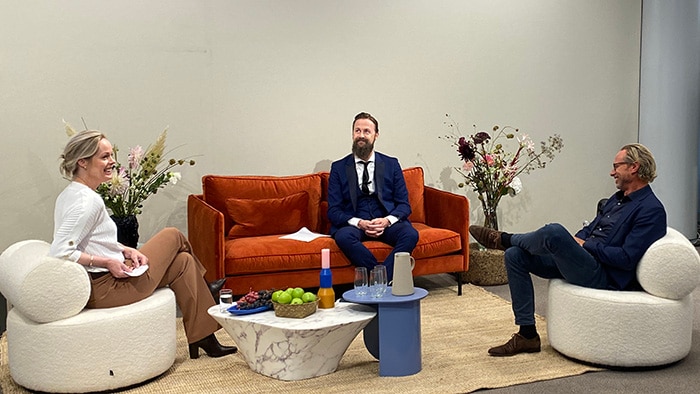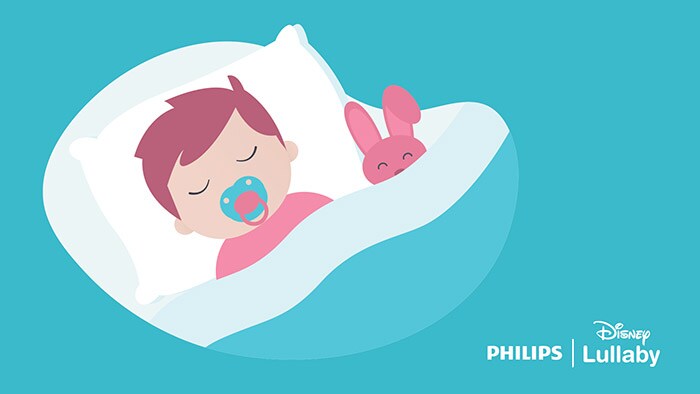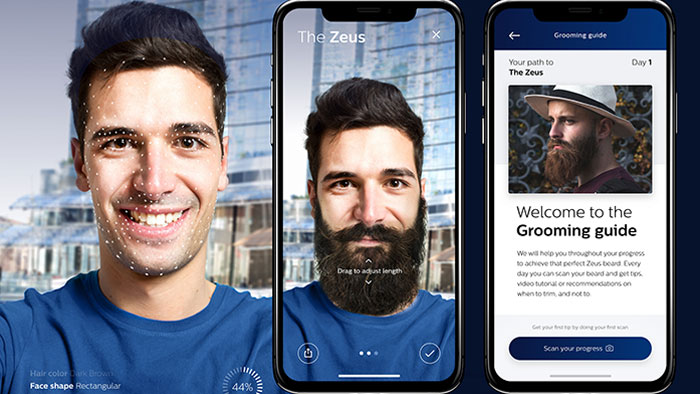Lou Ottens always remained down-to-earth about the success of the audio cassette tape, one of the inventions he made possible within Philips. Sadly, he died last weekend at his home in Duizel.
Olga Coolen, Director of the Philips Museum, talks about her encounters with him.
An extraordinary man
"In 2013, Lou was guest of honor at the Philips Museum’s Listening Exhibition on the occasion of the 50th anniversary of the invention of the cassette tape. I got to know him as a special man who always emphasized that it was teamwork," said Olga.
"Lou loved technology, and when he talked about it his eyes would twinkle. Yet the global success of the audio cassette always surprised him. He said 'We knew it could become big, but could have never imagined it would be a revolution.' I think it's nice that Lou was able to live to such a very old age."
An interview with Lou (in Dutch) can be listened to here.
Lou loved technology, and when he talked about it his eyes would twinkle. Yet the global success of the audio cassette always surprised him. He said 'We knew it could become big, but could have never imagined it would be a revolution'.
Olga Coolen
Director of the Philips Museum
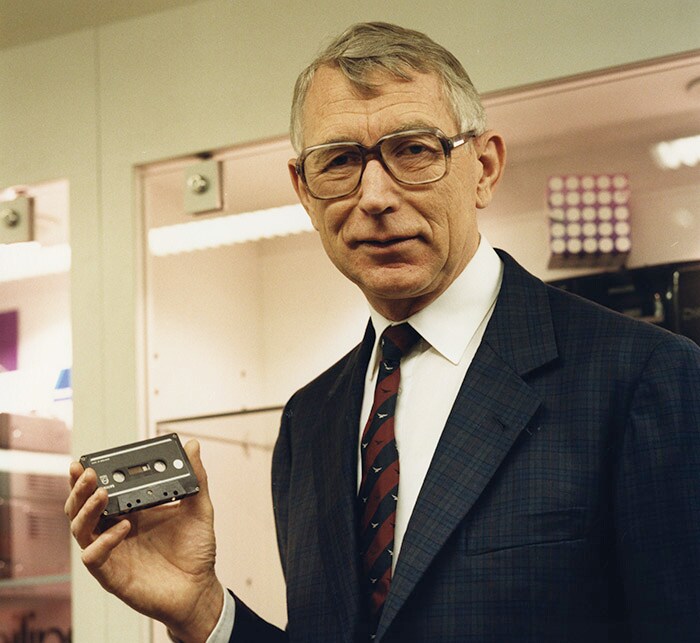
Following his death last weekend at the age of 94, many articles have appeared in national and international media, paying tribute to this super inventor, including CNN and New York Times.
Market leader
As head of product development in the early 1960s, Lou Ottens believed there had to be an alternative to existing tape recorders. "During the development of the cassette tape, in the early 1960s, he had a wooden block made that fit exactly in his coat pocket," Olga explains. "This was how big the first cassette recorder was to be, making it a lot handier than the bulky tape recorders in use at the time."
It turned out to be a massive hit. Over 100 billion cassette tapes were eventually sold worldwide. The Compact Cassette, as the audio cassette tape is officially known, became a worldwide standard and made Philips the market leader in recorded sound. Its position was later strengthened by the invention of the CD (Compact Disc), again partly due to the inventiveness of Lou Ottens.
The audio cassette was particularly successful among young people in the 60s, 70s and 80s. You could now compile your own 'playlist' by recording songs and take it with you wherever you went. If the ‘Top 40’ was on the radio, you would listen intently and press the record button at the precise moment the DJ stopped talking in order to record the songs you liked.
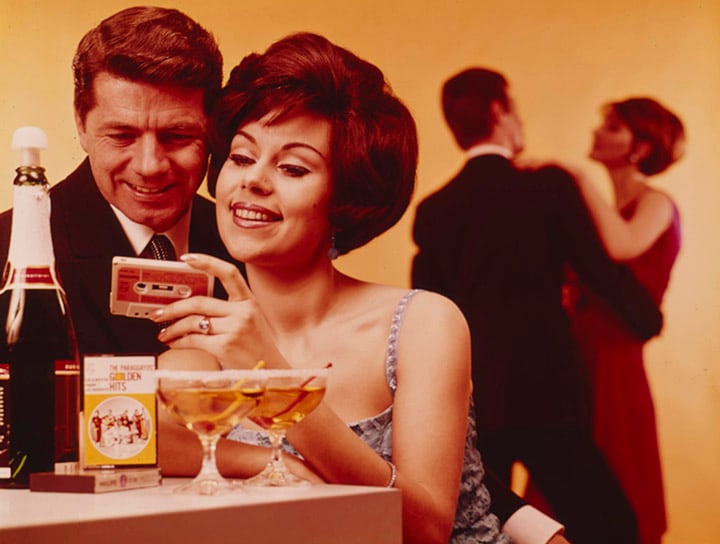
No Philips, no Satisfaction
Being able to take the cassette with you wherever you went was not only a godsend for music lovers. It was also a godsend for artists. Without the cassette recorder, the world would probably have never been introduced to The Rolling Stones' hit song ‘(I Can't Get No) Satisfaction’, as guitarist Keith Richards explained in his 2010 autobiography Life:
"I wrote the song 'Satisfaction' in my sleep. I didn't know at all that I had recorded it, the song only exists thank God to the little Philips cassette recorder. I looked at it in the morning - I knew I had put a new tape in the night before - but it was at the very end. Apparently, I had recorded something. I rewound and then 'Satisfaction' sounded ... and then 40 minutes of snoring!"
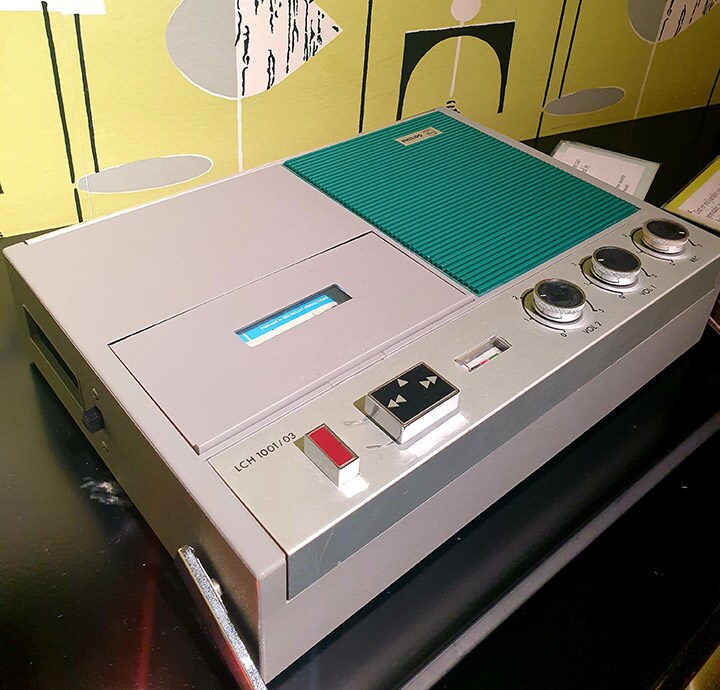
Share on social media
Topics
Contact

Ben Zwirs
Philips Global External Relations
You are about to visit a Philips global content page
Continue





